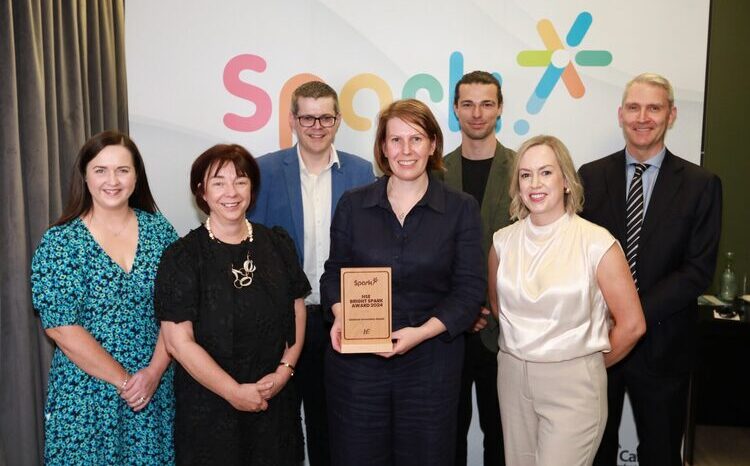Acute trusts can now draw down GDE funds, almost
- 30 June 2017

The long-delayed global digital exemplar funds can be drawn down by the selected trusts, according to NHS England’s head of technology strategy
Paul Rice, head of technology strategy at NHS England, said at a Thursday event in London that the 16 acute GDE trusts can access their share of the GDE funding pot, but that mental health GDEs were still going through “due diligence”.
Up to £100m of funding was originally promised to acute GDEs last September but has been repeatedly delayed over the past nine months.
Digital Health News has been told that a key factor in delays is the fact that most of the investment is coming in difficult to account for capital rather than revenue.
“Acute GDEs – we’re in the process of them drawing down that funding at the moment”, Rice told the Westminster Health Forum event, “the mental health GDEs they’re going through – terrible phase – a due diligence process, and once that due diligence process is completed, then they’ll be in a process to draw down that money.”
“We always expected to flow the money to the acute organisations first, that’s just been the sequence, they were announced last September and mental health ones in announced in February.”
The GDE programme is NHS England’s flagship scheme that funds the most advanced digital trusts in the country, to enable them to act as exemplars to less digitally mature organisations.
However, it appears that not all GDE trusts have yet got access to the money just yet, and Digital Health News understands that some fearsome final paperwork and forms have been demanded to show readiness to go digital.
A Taunton and Somerset NHS Foundation Trust’s spokesperson confirmed to Digital Health News that the funding agreement between the acute GDE trust and NHS England was finalised on 23 June, meaning that “funding can be drawn down from that date against agreed milestones”.
The south west trust’s first priorities with the money are: paper light outpatients and cancer services, management of deteriorating patients, alerts management, acute take tracker and electronic whiteboards and order communications integration.
However, another acute GDE trust, West Suffolk NHS Foundation Trust, told Digital Health News it has not yet received its share but expects it imminently. The trust “has not received any money yet but is expecting it within the next week or so”, said a spokeswoman.
Salford Royal Hospitals NHS Trust said in a statement that “we have not yet received our funding but the paperwork to drawn down our funds is currently being processed”.
“Depending on local arrangements and the capital/revenue split different trusts will obtain their funding on differing timelines. Revenue will come via a CCG [clinical commissioning group] route and capital via a central mechanism.”
An NHS England spokesperson said: “All 16 acute exemplars will shortly have received the first round of their funding. The programme – a key commitment in Next Steps, the NHS’ operating plan – will help organisations deploy advanced digital technologies and develop ‘blueprints’ for others to replicate success quickly and cost efficiently.”

The first 12 acute GDEs were announced in September, followed by four more acute in January, and each could apply for up to £10 million from central funding to be matched locally. The seven mental health trusts were announced in April, and could receive up to £5 million, again to be matched locally.
However, the money has not been forthcoming. Money was expected in November last year, but by the end of the 2015/16 tax year no funding had been released.
Earlier this month, Digital Health News reported that Wirral University Teaching Hospital NHS Foundation Trust, had been forced to expend its resources at risk to cover the unexpected shortfall.
Rice gave more details to the conference audience on Thursday, including that each GDE trust is expected to have a unique selling point (USP) alongside showcasing its technological prowess.
“Each of the exemplar programmes has also carved out for themselves, a sort of USP”, he said, “working on a feature project, or a high profile change programme”.
The role of fast follower trusts, organisations that buddy up with exemplars to learn from them, and blue prints were also detailed by Rice.
“We’ve invited them initially to pick one strong fast follower”, said Rice, “and effectively all 16 of the organisations will identify one in the first instance”.
This is a shift from the initial proposal of two fast follower trusts, as detailed in by Will Smart, NHS England’s chief information officer, in February.
The trusts are also expected to produce best practice and technical guidance blueprints for other trusts to follow.
“If you’re an NHS organisation looking who needs to do a major EPR [electronic patient record] deployment, I would imagine your board would want fairly robust justification if you don’t look to one of the blue prints produced by this programme, as at least the basis of 60/70/80% of what you can do.”




